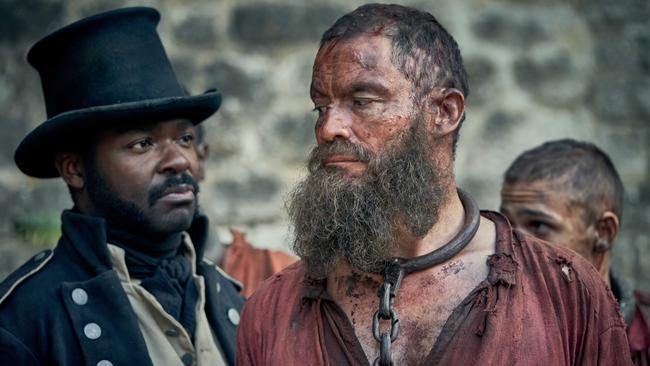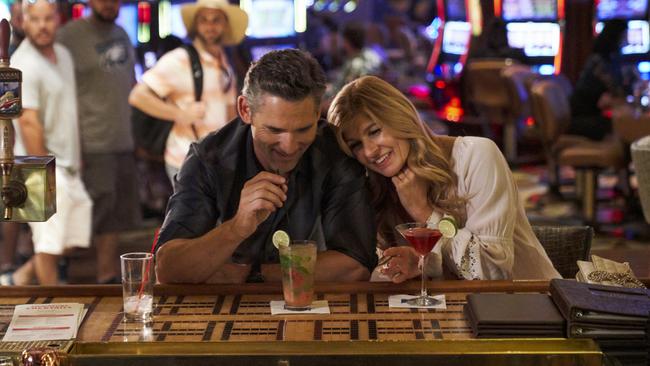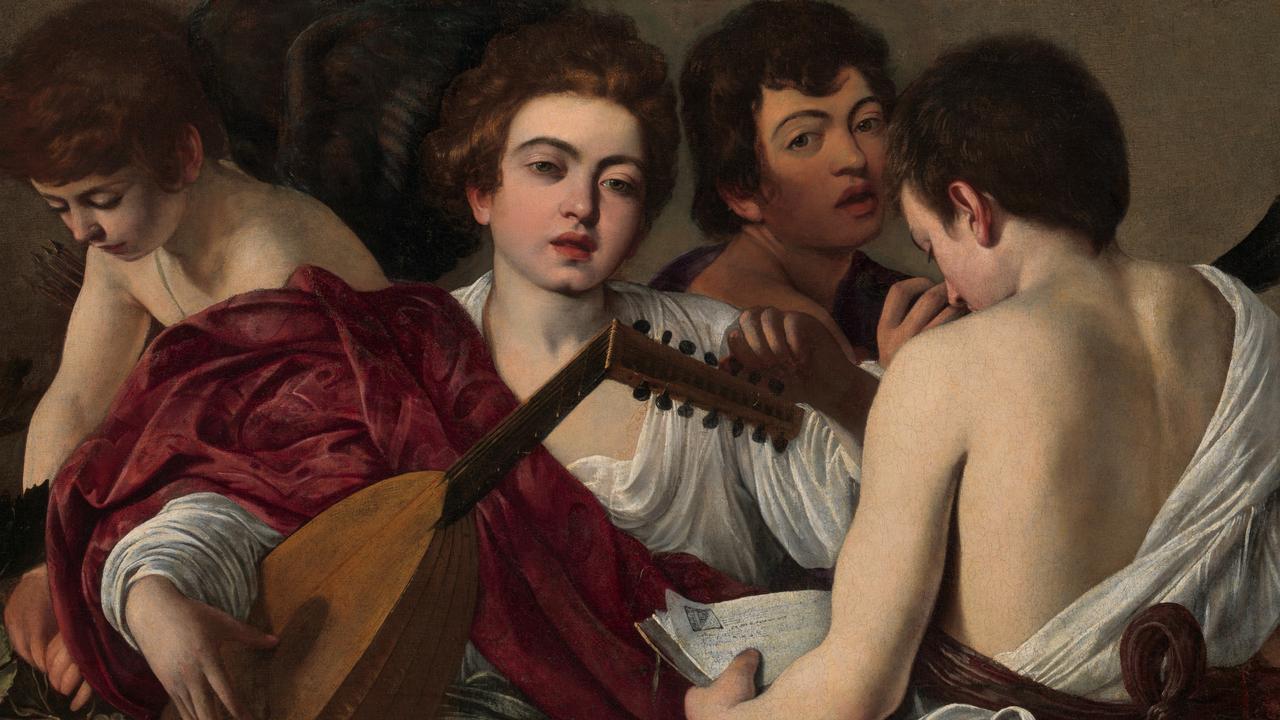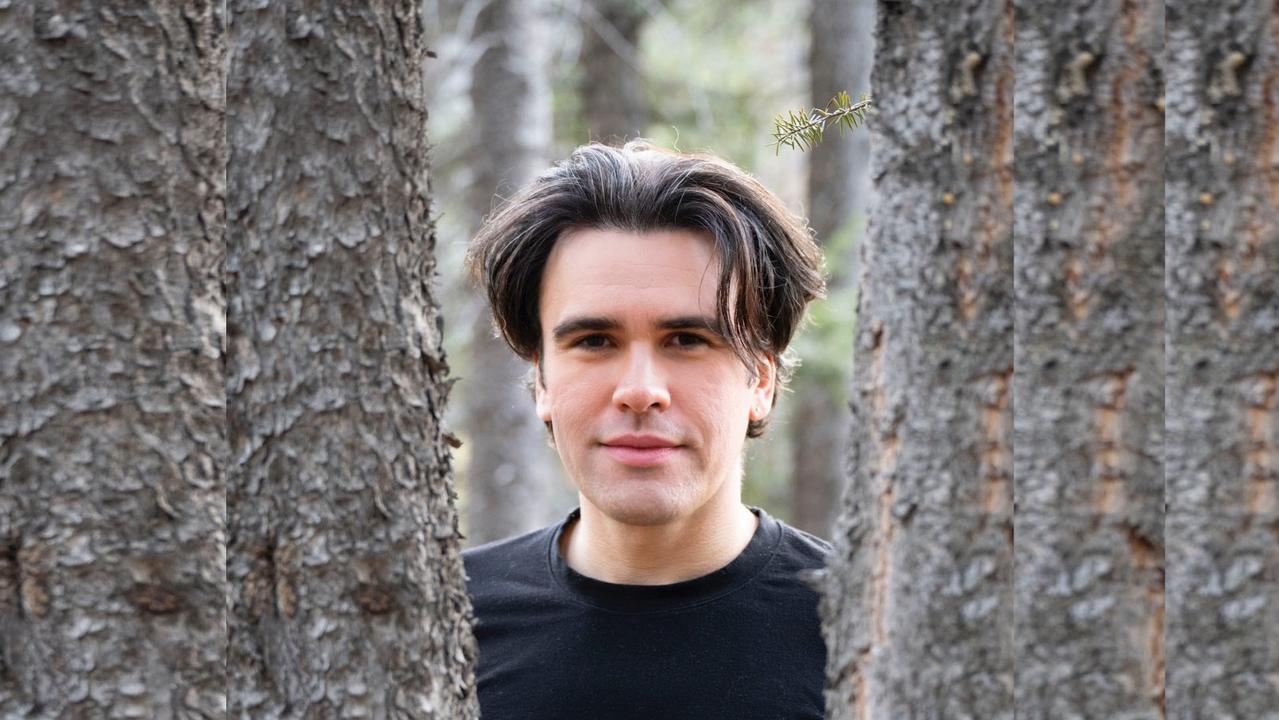Les same old story
When about 60 adaptations of Les Miserableshave been made worldwide, do we really need another?

Les Miserables is the new six-part adaptation of Victor Hugo’s tale of the convict Jean Valjean’s road to redemption as he attempts, over many years, to escape the persecution of an unjust social system. Set against the revolutionary society of 19th-century France, it stars Dominic West as Valjean, David Oyelowo as Javert, the police inspector obsessed with the pursuit and punishment of the former convict, and Lily Collins as the tragic Fantine, the young single mother abandoned by the rich father of her baby.
The cast also includes Adeel Akhtar and Olivia Colman as innkeepers and thieves Monsieur and Madame Thenardier, and Ellie Bamber as Fantine’s daughter Cosette, left by Fantine with the Thenardiers but rescued by Valjean and raised as his own daughter.
You’re probably familiar with the story and these characters from the musical or Tom Hooper’s musical film, but be warned, there are no songs in this adaptation, no heroic anthems from the barricades.
Hugo’s 1400-page novel is one of the most adapted works in literary history, the musical alone seen, it is claimed, by 60 million people, while significant creatives like Charles Laughton, Orson Welles, Jean Gabin, Claude Lelouch, Liam Neeson, Russell Crowe and Gerard Depardieu have all been involved in the many adaptations. About 60 big and small-screen versions have been made throughout the world in fact, beginning with a one-reeler representation by the Lumiere brothers in 1897 - one of the first movies ever made - while other French directors such as Henri Fescourt attempted to emulate the book’s colossal scale, with his silent 1925 version running to 359 minutes. You have to wonder: do we really need another?
This version is adapted by Andrew Davies, whose rendering of Middlemarch in 1994 and Pride and Prejudice in 1995 made him the acknowledged master at turning prose fiction into television drama, almost single-handedly reviving the classic serial.
“I look for the absolute centre of the novel, then there’s a lot of precise, nitty-gritty chopping it all up into episodes, fiddling around with the bits and their order within the episodes,” he told me when I spoke with him about his Dickens adaptation Bleak House, a wonderful, disorderly piece of socially indignant TV.
In a novel rife with detail and a heavy-handed tempo, the centre here seems to be — with a through line of love and compassion — just how we know what may come from the past to catch us out, to entrap us, and how we so blissfully live our lives in ignorance of what terrible misfortunes might befall us.
Though in this work Davies says he wanted to stress the contemporary relevance as he chopped up this epic novel, highlighting the inequity of the class struggle, especially in France today with social unrest brewing, yellow vests occupying Parisian streets as Emmanuel Macron pursues his reformist agenda.
And like the novel, Davies’ adaptation — nothing like the “shoddy farrago” of the musical, he says — presents a society of inequality, entitlement and lawlessness wherein innocent victims like Fantine become victims of the unjustness of that society, the targets of a world that frowns upon the weak and the poor. “It’s got a kind of obvious contemporary relevance,” said Davies during a preview screening in London. “It was hard to come along to this place today without seeing people sitting in the rain begging. We live in a society that’s really as divided into rich and poor as the society that Hugo was talking about.”
But while directed by Tom Shankland with some style — the opening scenes depicting the eerily silent aftermath of the Battle of Waterloo take us brilliantly inside the horror — the first episode just plods along somewhat melodramatically, the division between good and evil too simplistic. Perhaps a petty point but it’s hard to listen to the range of British accents employed deliberately, it seems, to highlight class divisions, with West employing some kind of soft northern inflection.
“The novel is about a very divided society in France, so as we were making this for an English-language audience, I think you’re missing a trick if you don’t speak to that audience in a language they understand,” the director says.
“There are class divisions which we perceive on the basis of accents, so the simplest rule that we found was really to nod towards those rules that we have in our own divided society.”
But it’s confusing nonetheless, and more than a little annoying, especially as background extras seem to employ French and speeches are often finished by “mon ami” and the like.
Happily though, Dominic West inevitably dominates every scene in which he appears. He’s excellent as the imperfect hero. The story really is his attempt to redeem himself from past sins and actions. Should mistakes made in the past be the defining point in our lives, representing who we are as people? Yet Valjean, no matter what he does in the eyes of society, will always be a convict.
Oyelowo’s Javert is strong too, not so much driven by personal malice but an absolute commitment to justice, which he sees as a commitment to rules and their administration, an absolute with no room for error or mercy. He succinctly expresses his fervent beliefs as he has a mutinous prisoner executed before Valjean and the other prisoners by a brisk firing squad: “Discipline must be maintained. Otherwise civilisation would collapse.”
But despite towering central performances, it’s a little wearying and familiar despite Davies’ adaptation starting earlier than the musical and some beautiful locations (the series was shot mainly in Belgium and northern France).
To describe his work in progress, Hugo jotted down a list of hyperbolic adjectives: “Astounding, extraordinary, surprising, superhuman, supernatural, unheard of, savage, sinister, formidable, gigantic, savage, colossal, monstrous, deformed, disturbed, electrifying, lugubrious, funereal, hideous, terrifying, shadowy, mysterious, fantastic, nocturnal, crepuscular.”
The next five episodes have a lot to live up to.
-
Dirty John is an interesting hybrid, the dramatisation of a podcast of the same name gathering more than 55 million listeners, which itself was adapted from a Los Angeles Times true crime investigation by Christopher Goffard. It’s really the story of how monstrous men can still easily find ways to exploit women — harassing, intimidating or terrorising their victims to express their destructive need for control.
While the miniseries is not the first podcast to be adapted to TV (last year’s brilliant Homecoming is a notable example), the show marked the first true crime turned podcast turned TV drama. Something we’re likely to see a lot more of as podcasts become even more popular.

Created by Alexandra Cunningham and directed by Jeffrey Reiner, the show also excels in its depiction of wealthy Californian socialites living entitled lives somewhat removed from reality, and easy prey for these ruthless men. The eight-episode first season features Connie Britton’s portrayal of real-life mother Debra Newell, a highbrow, vacuous interior designer and four-time divorcee in her late 50s. An eternal optimist, to the dismay of her children, she’s hesitantly ready to hit the dating scene again. After all, as a successful designer she believes in the way dreams come true, saying, “If you design the most beautiful life, nothing ugly can get in.”
Her first efforts are uninspiring, boring men who can’t stop talking about their ex-wives and drinking too heavily, but then she thinks she’s met the perfect man online, Dr John Meehan, played with sleazy charm by Eric Bana in a rather unconvincing performance. When they meet for dinner at a candlelit California restaurant in October 2014, she’s quickly spellbound. He’s handsome, charismatic, accomplished, and seems genuinely interested in her.
After four failed marriages, she feels maybe she’s found “the real thing”, especially when he tells her he served as an anaesthetist in Iraq and spent a year with Doctors Without Borders. Their relationship develops quickly, Debra swept off her feet, willing to overlook the way John wears his medical scrubs everywhere, even to formal events, which arouses her daughters’ instant suspicions — they are Veronica and Terra, played by Juno Temple and Julia Garner, respectively, both distrustful of this new man in their mother’s affluent life.
On their first meeting, 24-year old Veronica doesn’t like the way his eyes hover over the expensive furniture in the elegant living room, or the way he later suddenly appears as Veronica opens the huge safe in the house where collections of designer handbags are kept.
The warning bells that go off as his coercive, controlling behaviour quickly becomes apparent will have you shouting at the screen but Debra is oblivious. In fact it’s all a bit obvious to start with, a soapy script desperately in need of more complexity, with uninspiring, visually flat direction, little evidence of any cinematic sensibility, and there’s little of the morbid curiosity and spine-tingling intrigue that enthrals if you happen to read the original story of what happens to Debra Newell and her family.
Les Miserables, Sunday, 8.30pm, BBC First.
Dirty John, streaming on Netflix.




To join the conversation, please log in. Don't have an account? Register
Join the conversation, you are commenting as Logout